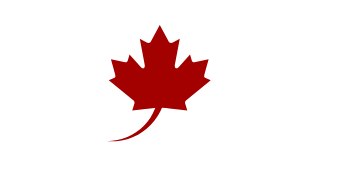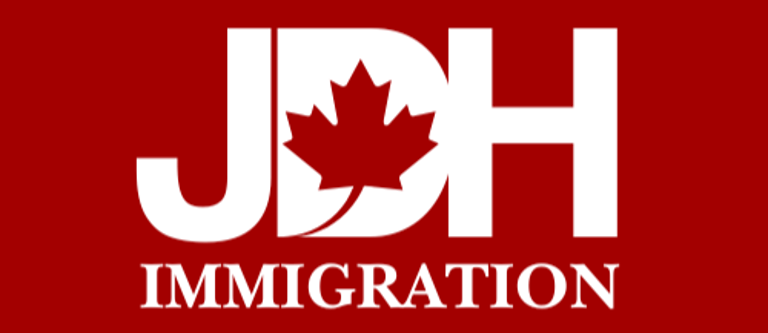
Your immigration partner in South Africa | Dubai | India Office: (+1) 905-757-1990 | Toll Free: (888) 302-3562
Five Key Reasons Study Permit Applications Are Refused — and How to Prevent Them
Many people who apply for a study permit in Canada run into the same problems. Knowing about these mistakes and how to avoid them can greatly increase your chances of getting approved.
11/22/20253 min read


1. Not Enough Proof of Funds
One of the most common reasons for refusal is not being able to prove that you can support yourself while you study. You have to pay for your own living expenses, tuition, travel, and any dependents. It's not enough to just have the money; you also need to show clear paperwork that meets the official standards.
Advice:
Give proof, like bank statements from the last few months.
If the money is in a foreign bank, include a letter from the bank confirming the funds and their availability.
Show all of your sources of funding, not just last-minute deposits. This includes scholarships, loans, and long-term financing.
2. Weak or unclear connections to your home country
Immigration officials need to be sure that you plan to go back home after you finish your studies. If your application doesn't show strong ties to your home country, like a job, property, family obligations, or other ties, they may not believe that you want to be a temporary resident.
Advice:
Write down any job offers or commitments you plan to keep.
Show that you have family ties, own property, or have other important commitments in the area. In your letter of explanation, make it clear how your time studying in Canada will help you reach your long-term goals in your home country.
3. Letter of Explanation That Is Weak or Missing
Your letter of explanation, which is also called a Statement of Purpose, helps put your application in context. If it's too general, vague, or missing, it might make people wonder why you chose a certain program or school or how you plan to use it after you graduate.
Advice:
Make it clear why you picked that school and course.
Tell us how your previous education or work experience relates to the program you want to take.
Tell us what you want to do after graduation and how it relates to your home country.
4. Application is not complete or documents are missing
Applications that are missing documents or have mistakes are more likely to be turned down. The application must be complete, correct, and follow the rules set by Immigration, Refugees, and Citizenship Canada (IRCC).
Tip:
Check off each item on IRCC's list twice before sending it in.
Make sure that all of the forms are filled out correctly, even if you have to write "Not applicable" where it applies.
Include certified translations if the documents are in a different language.
5. Problems with the institution's letter of admission or validation
Some applications are turned down because the letter of admission from a designated learning institution (DLI) hasn't been properly validated in Canada's system. The DLI must check the admission through the online portal within the time limit set by the DLI.
Advice:
After you send in your study permit application, check in with the school to make sure they have quickly confirmed your admission.
Check with the school and keep track of when you get confirmation and any deadlines.
Last Thoughts
It's not always the case that a study permit will be denied. Many denials happen because one or more of these important areas weren't covered. If you are thorough, honest, and proactive in your preparation, you can make a strong, believable application that has a much better chance of being accepted.
Address
6733 Mississauga Rd. Floor 7 Mississauga ON, L5N 6J5
Contact
(+1) 905 757 1990
info@jdhimmigration.com


Services
Study
Work
Business
Sponsor
Appeal
Ready to take the next step in your immigration journey?
or follow us on social media for updates and insights


